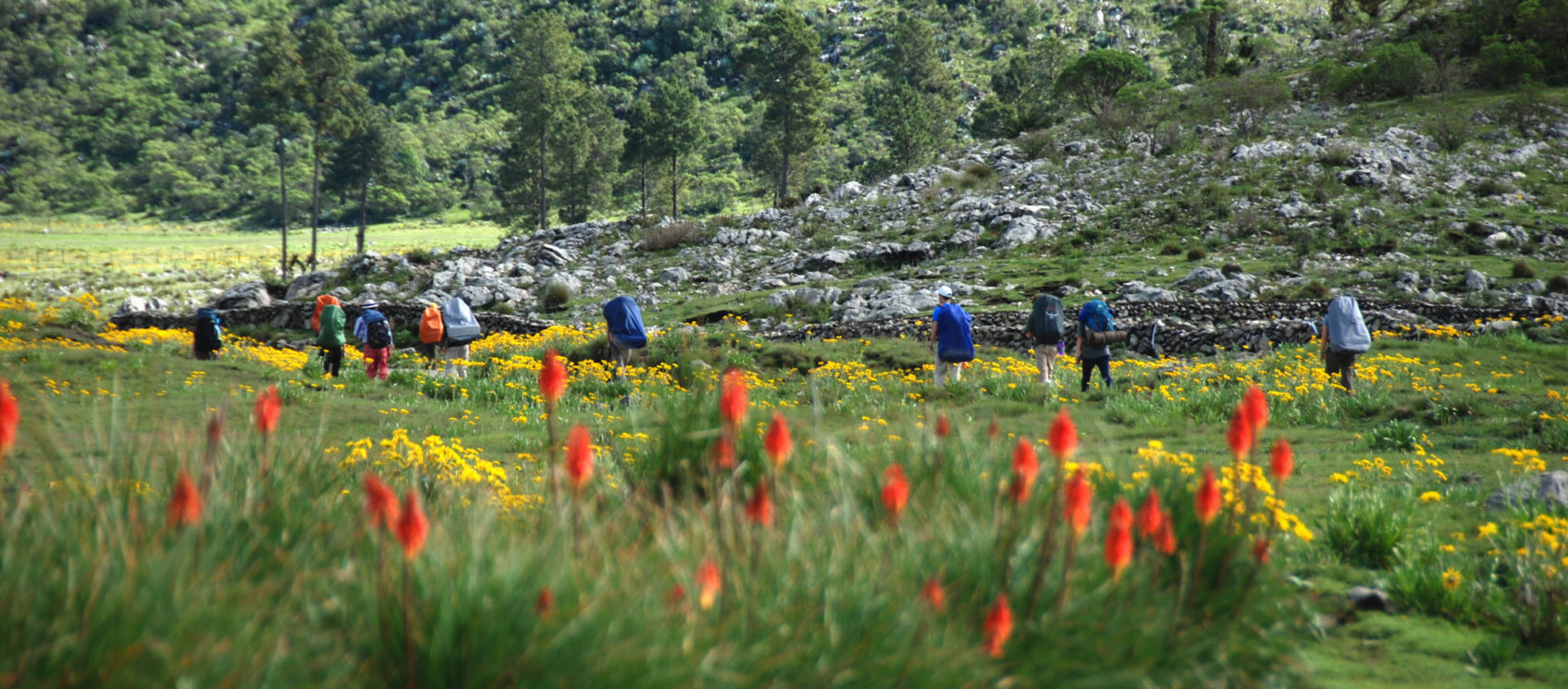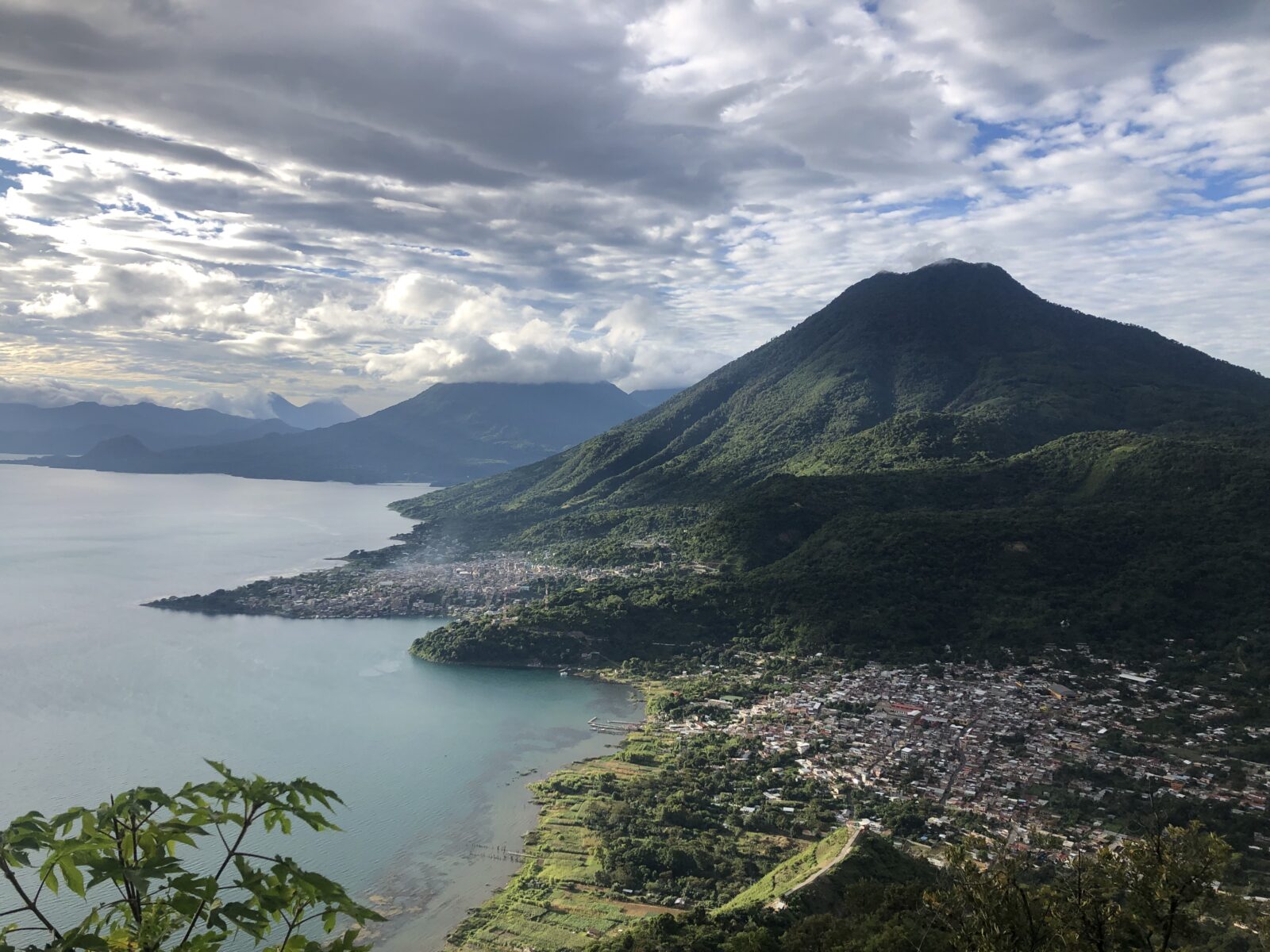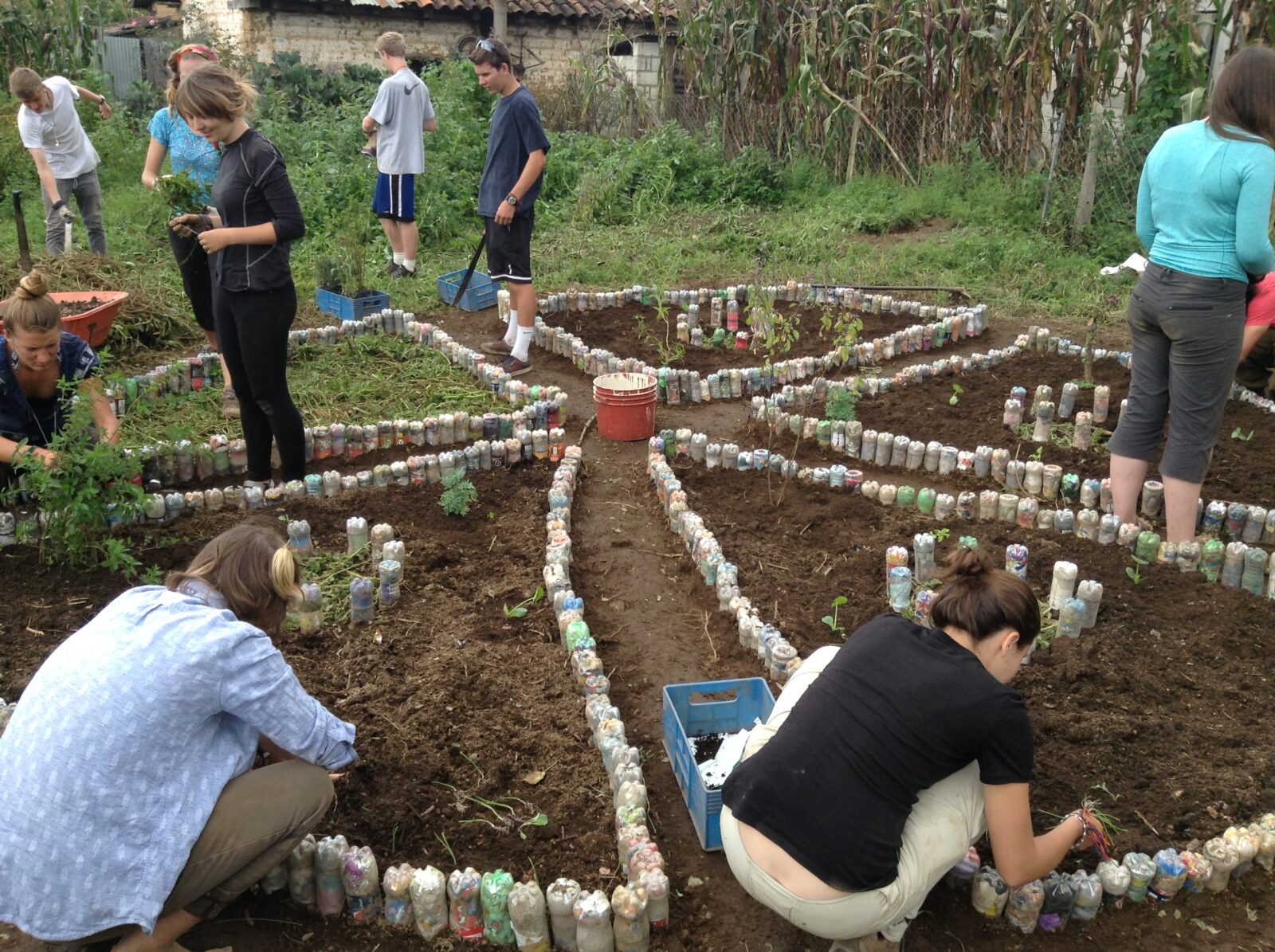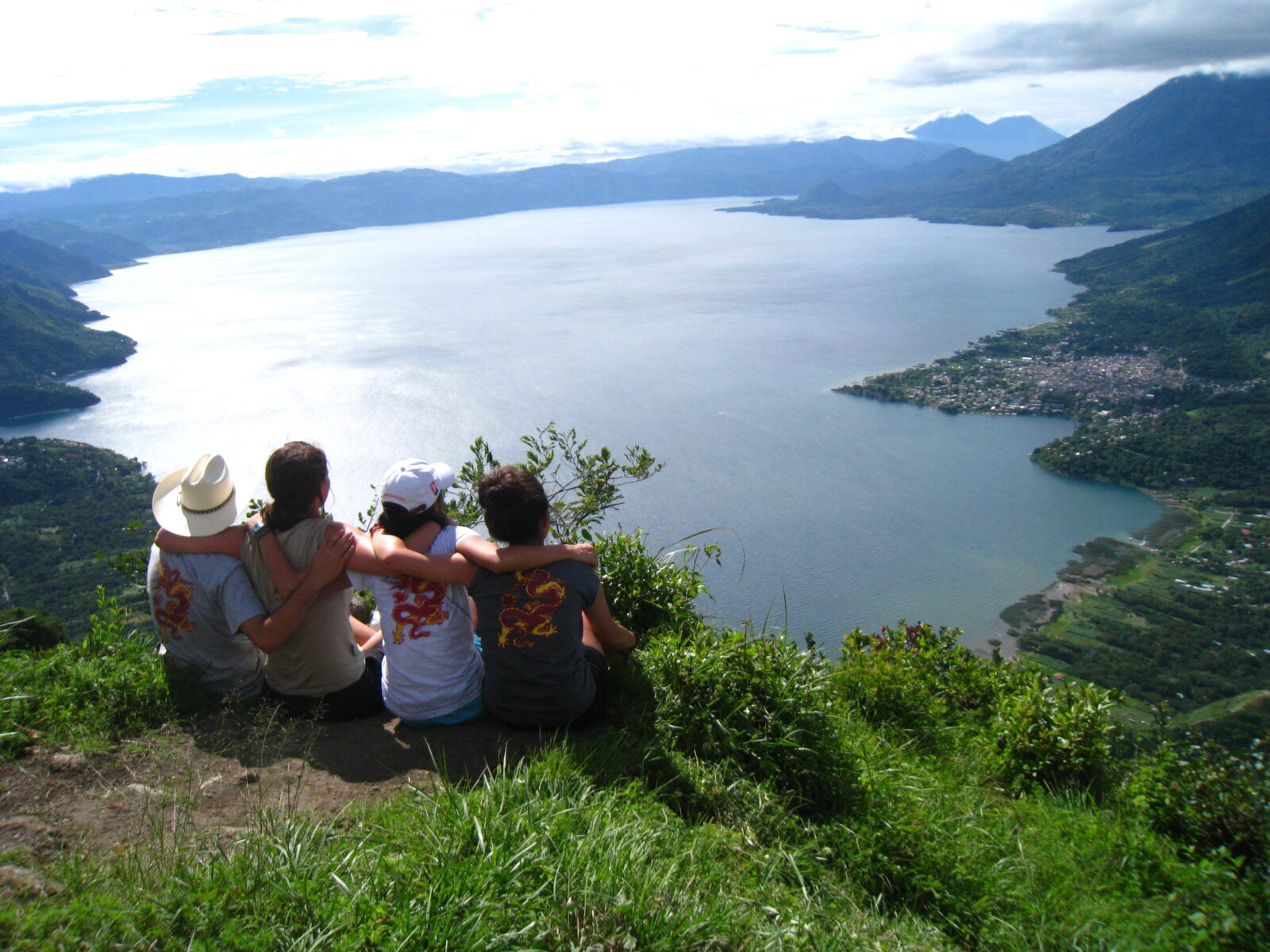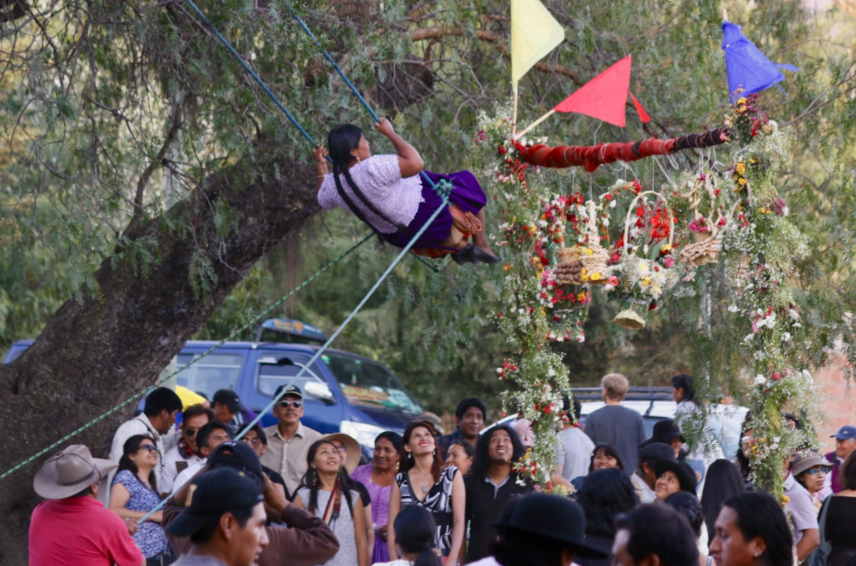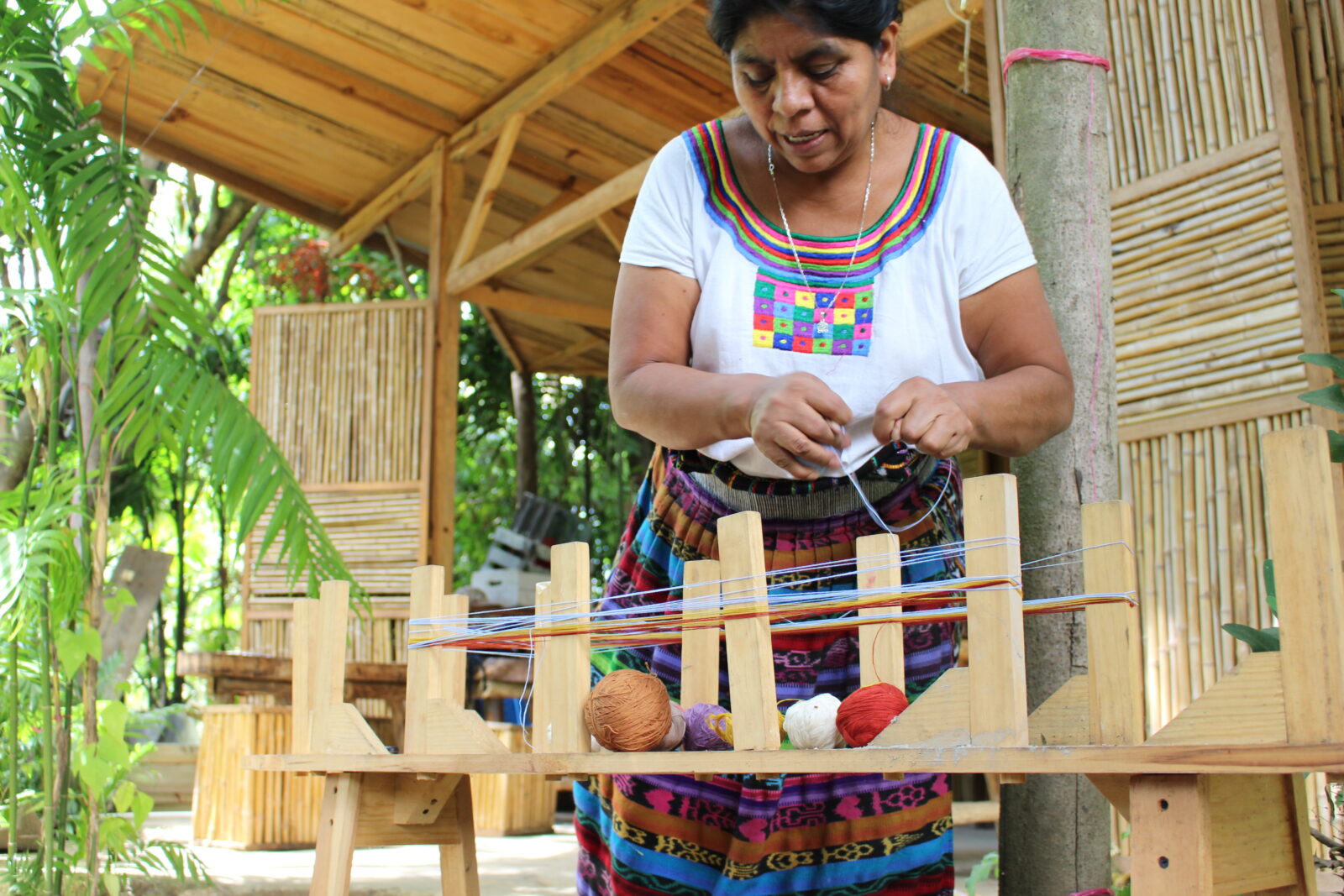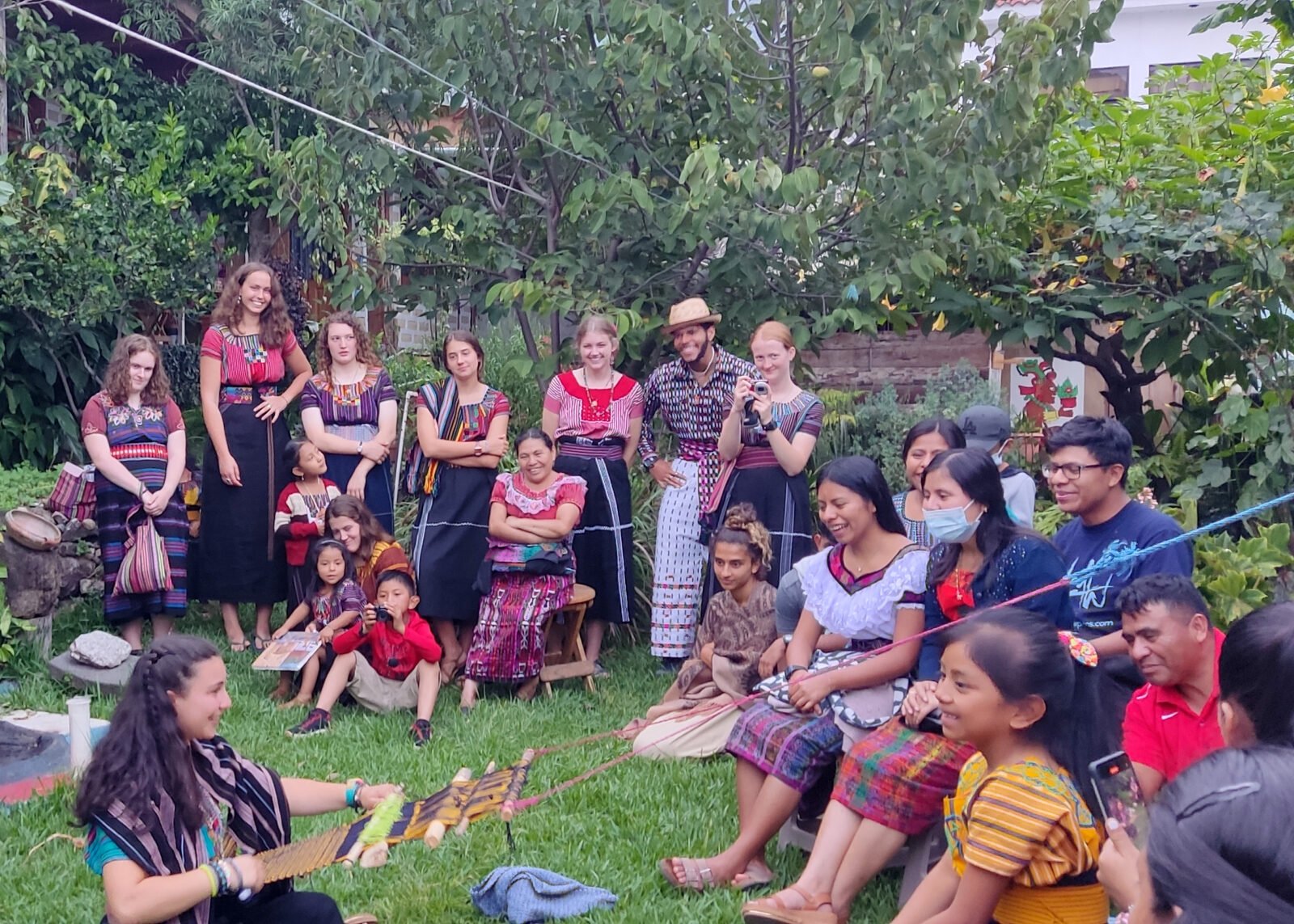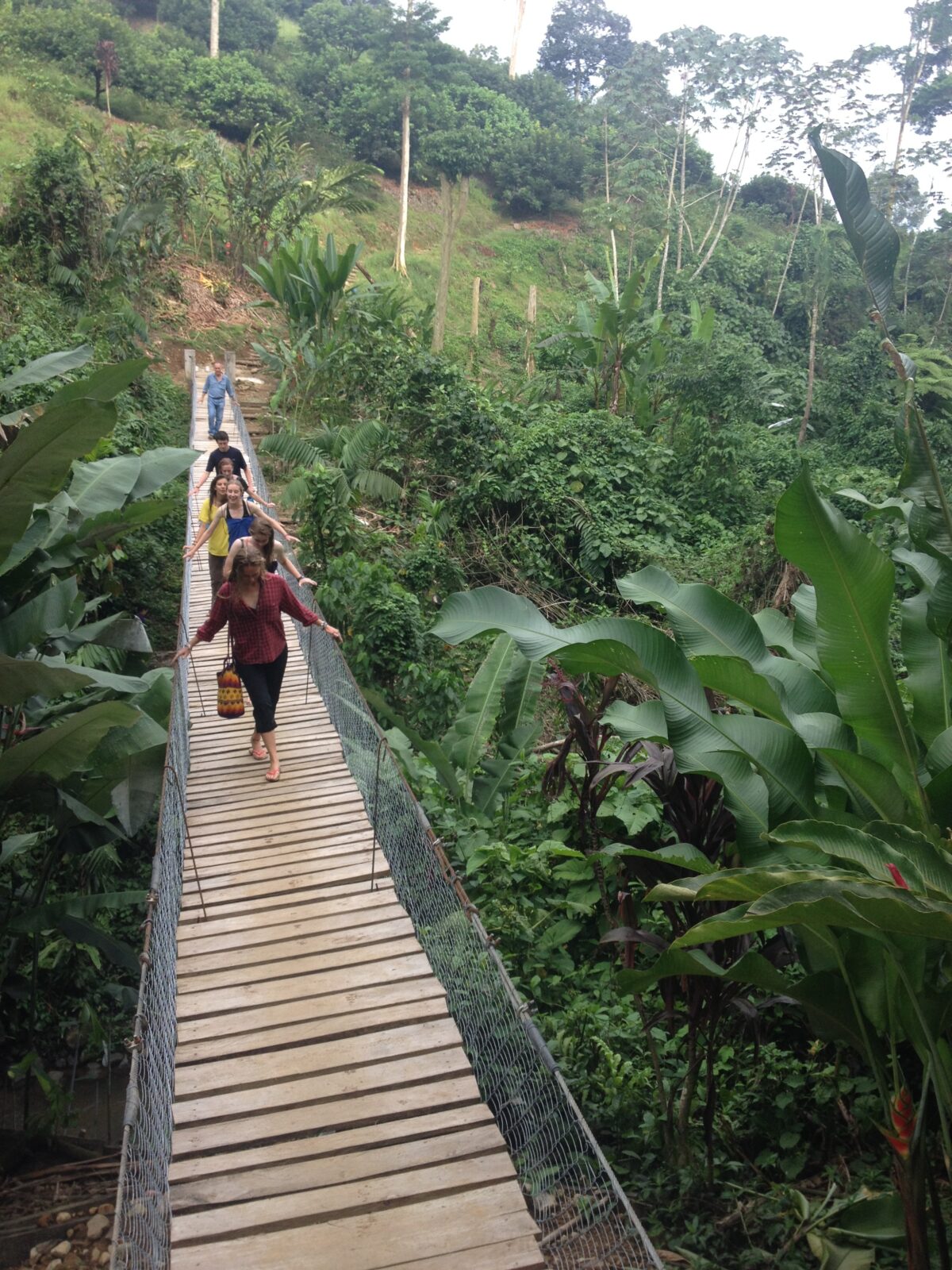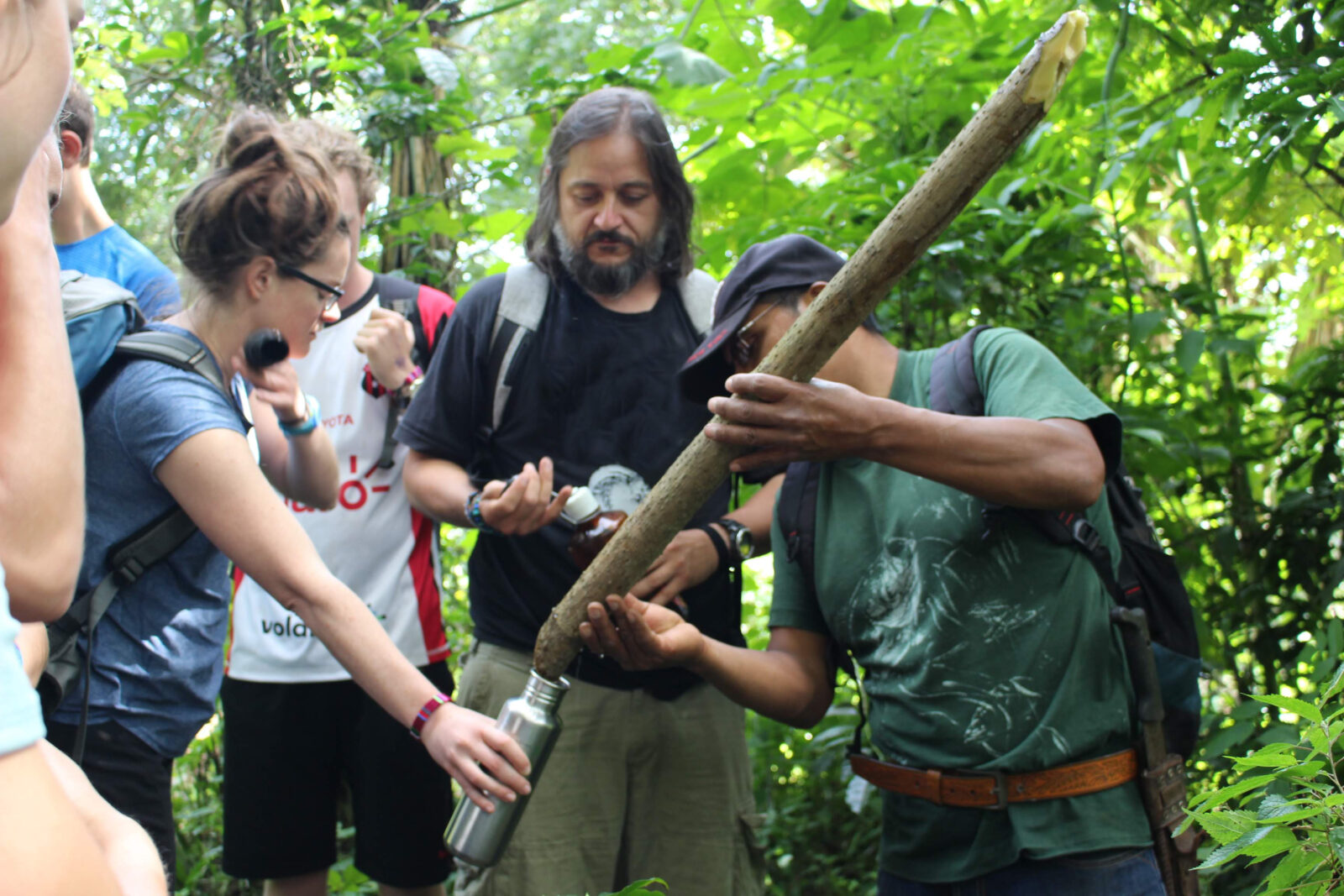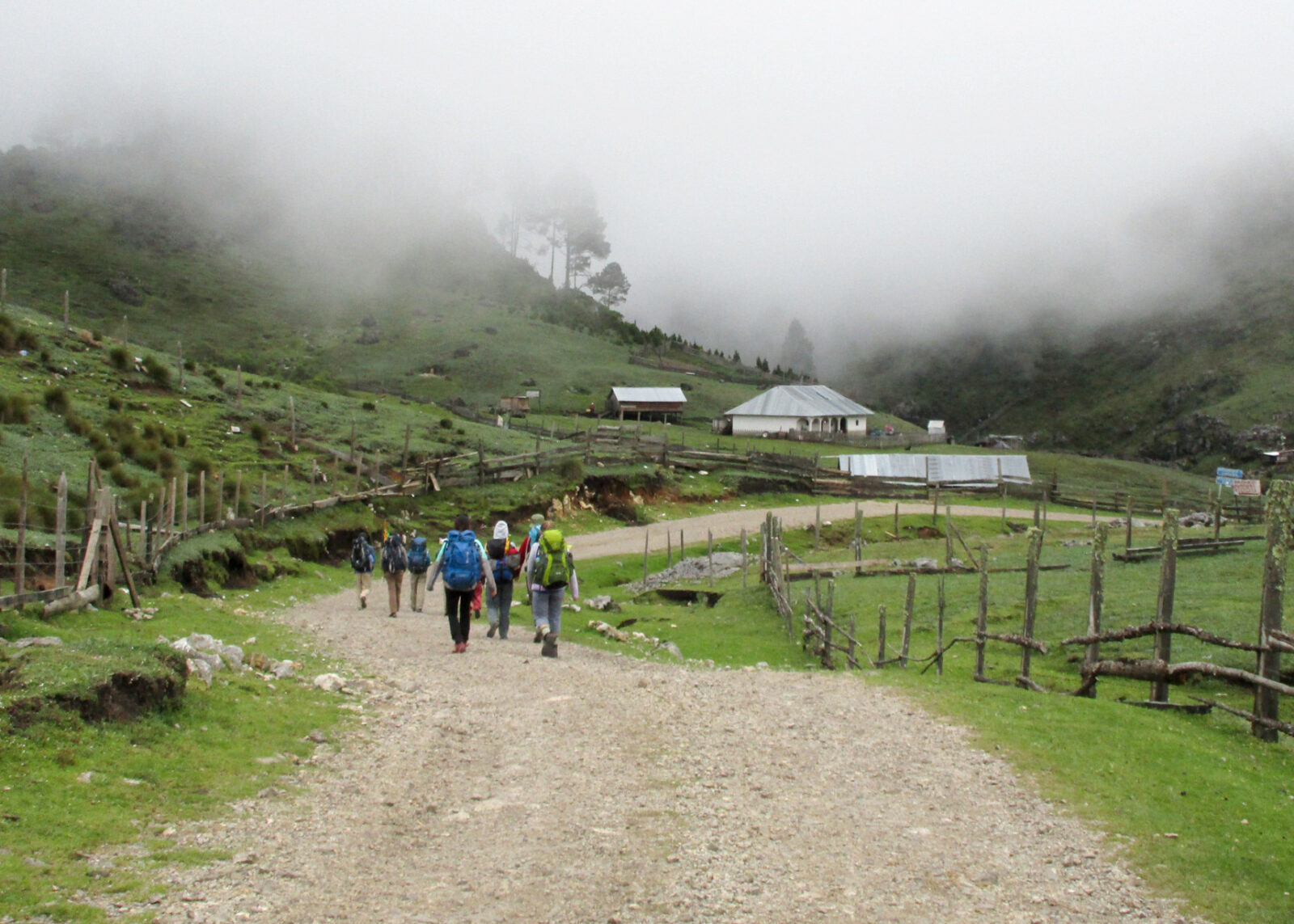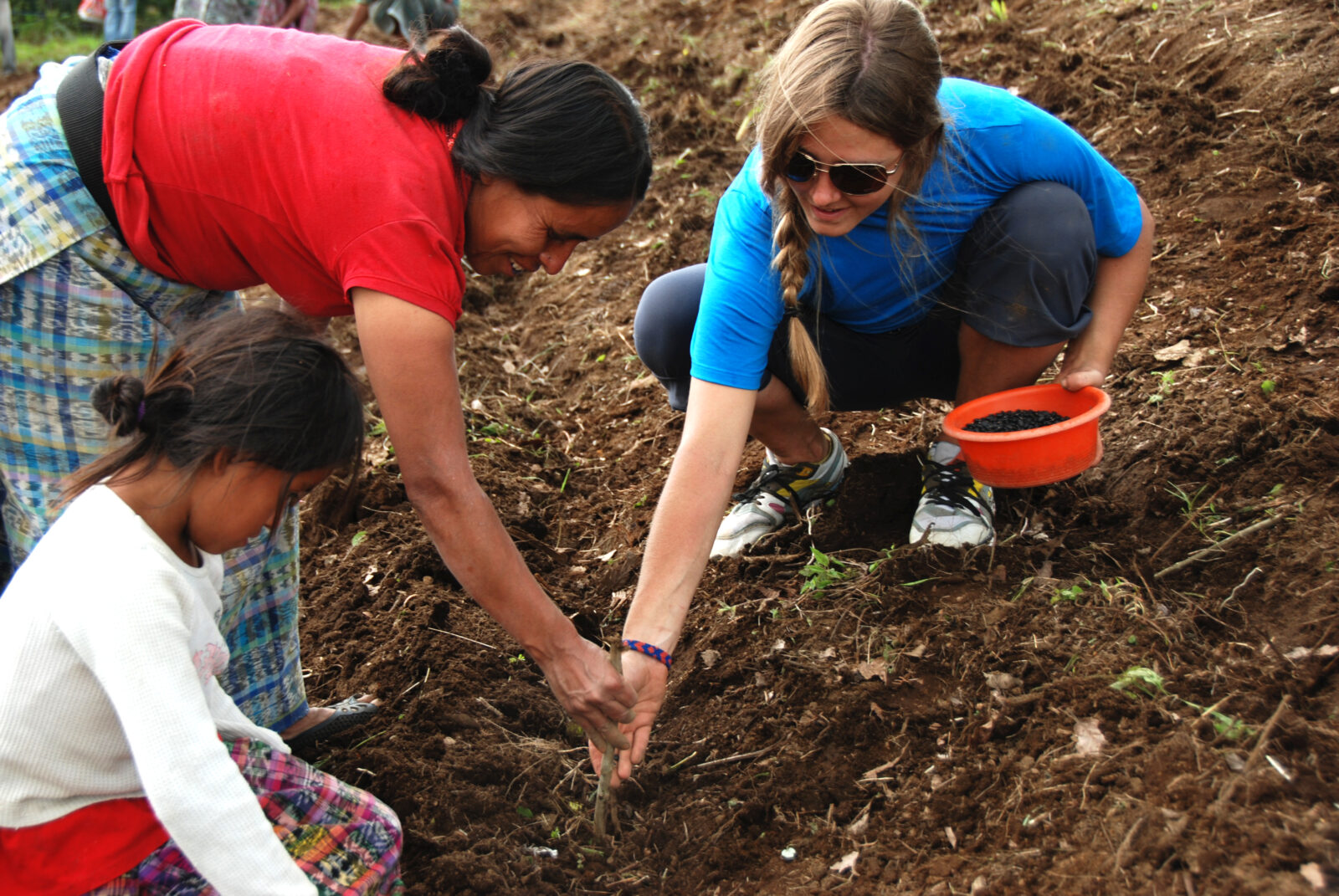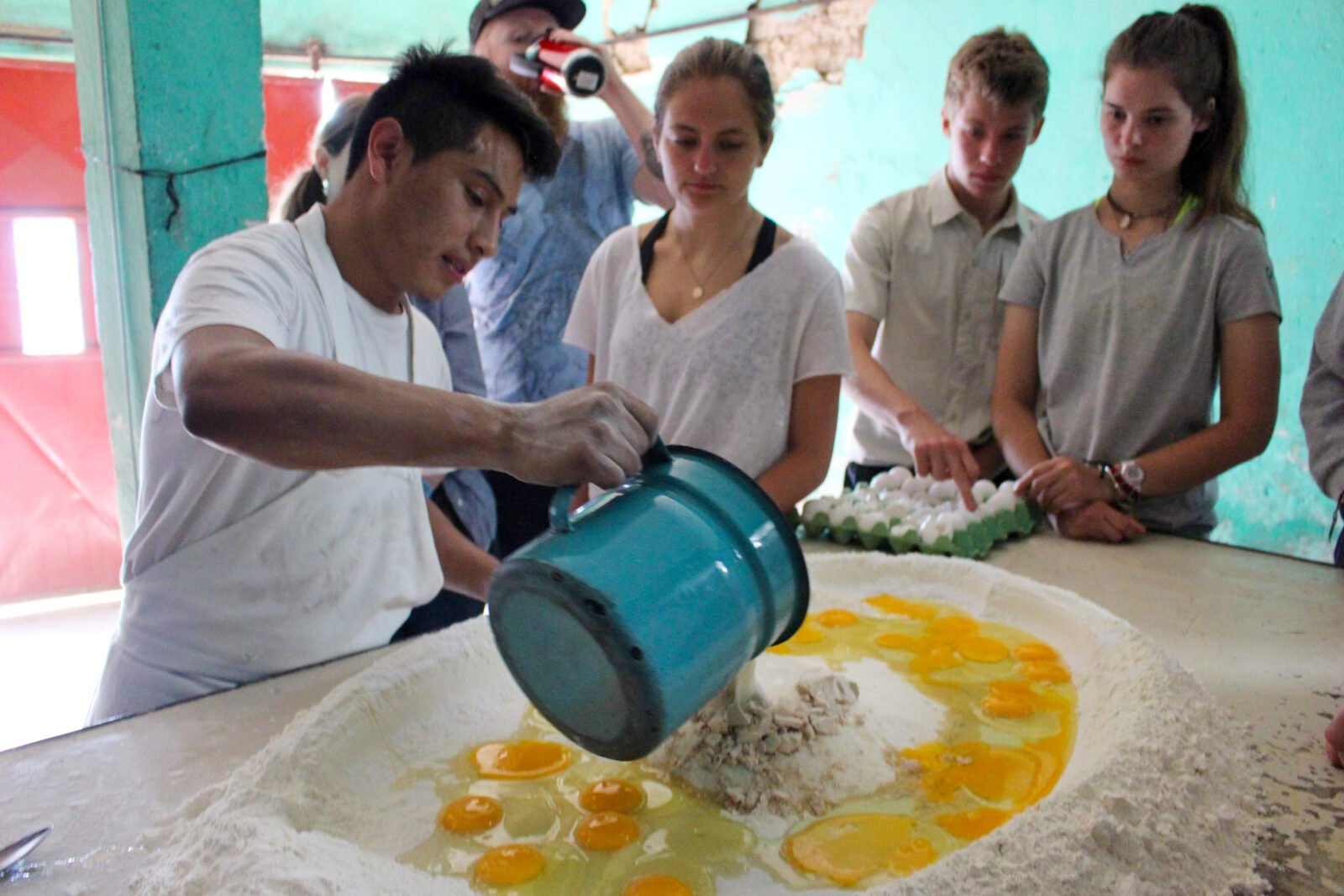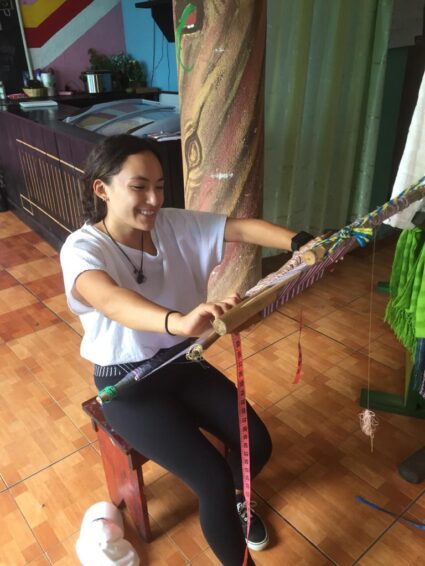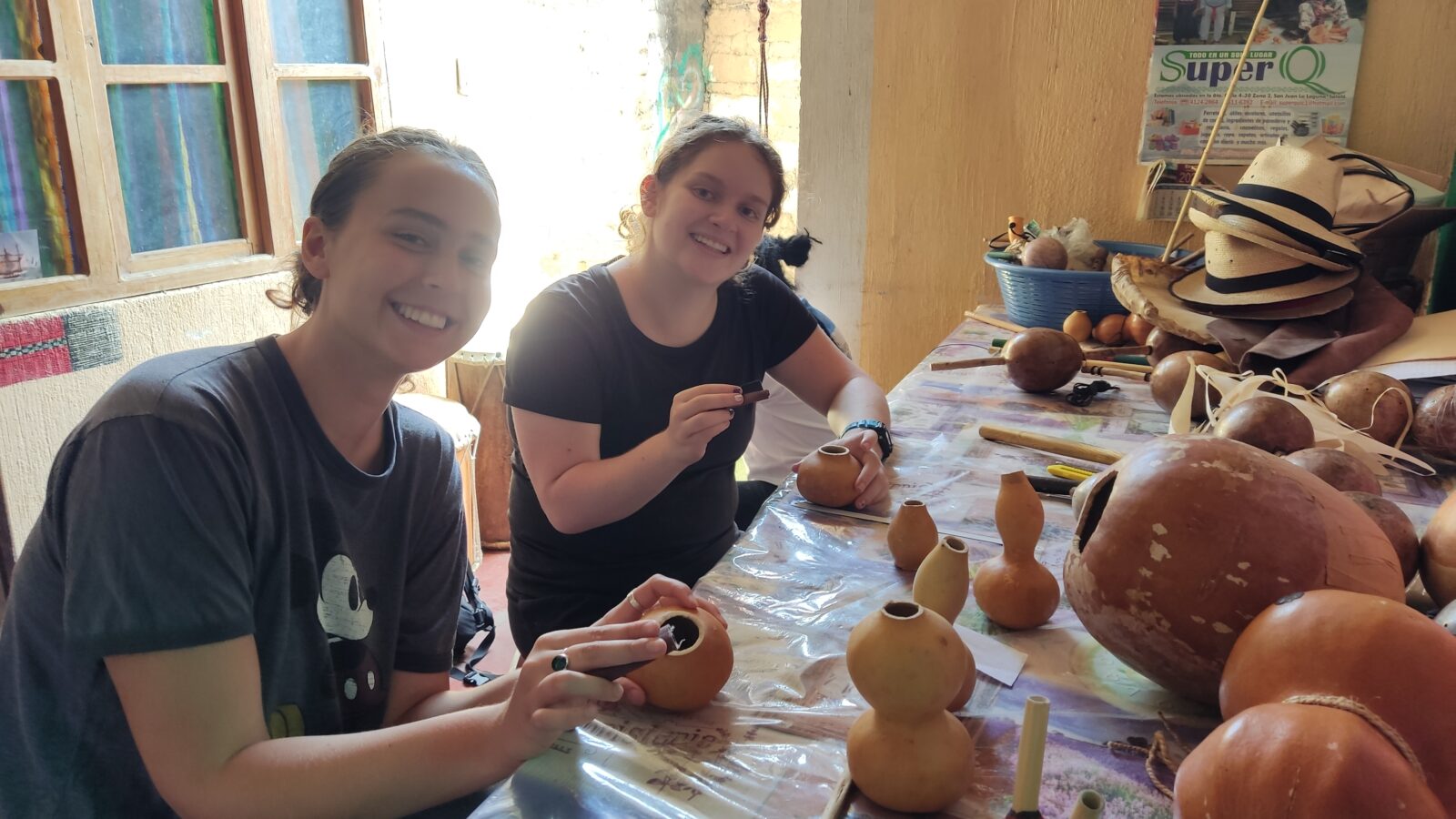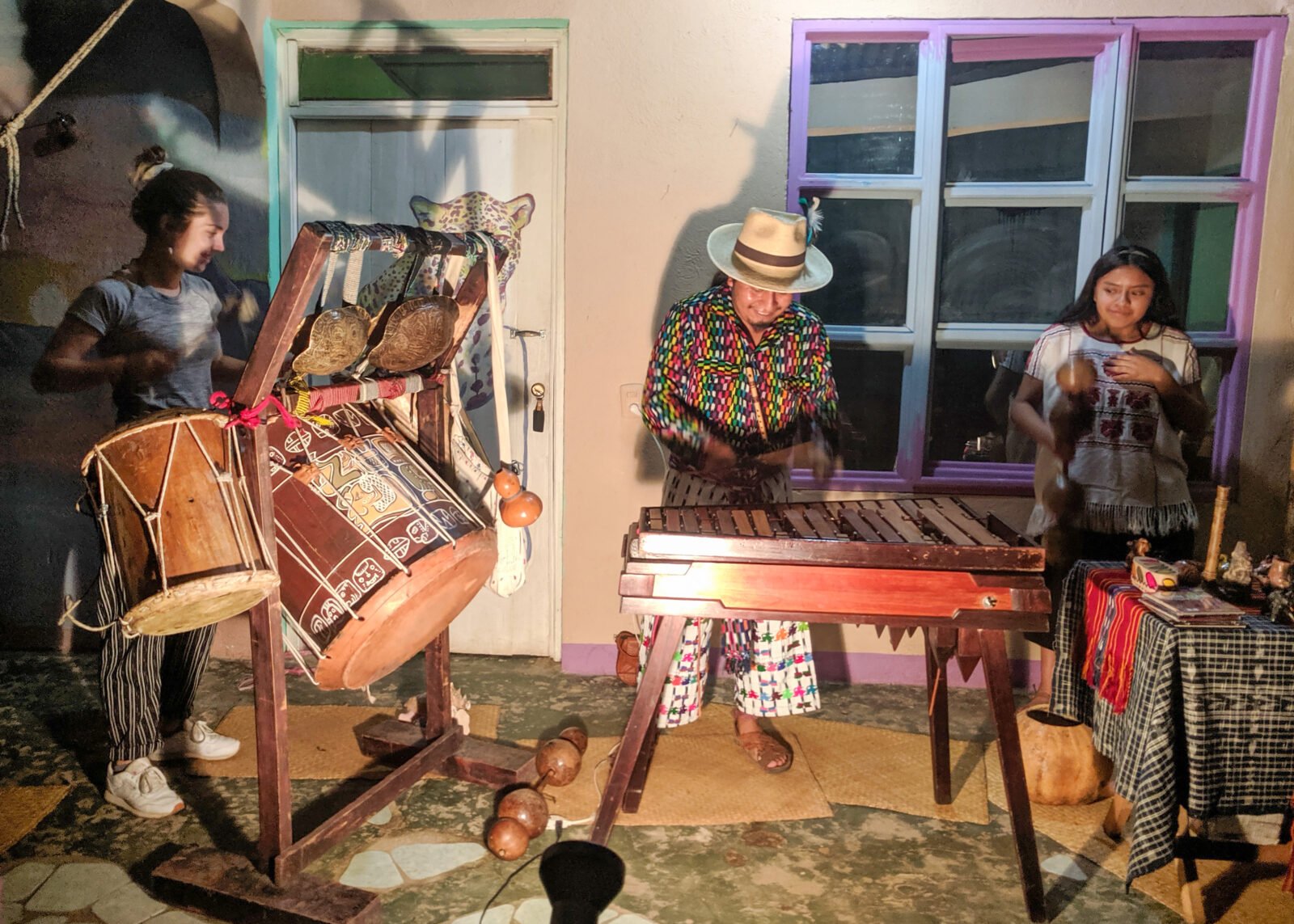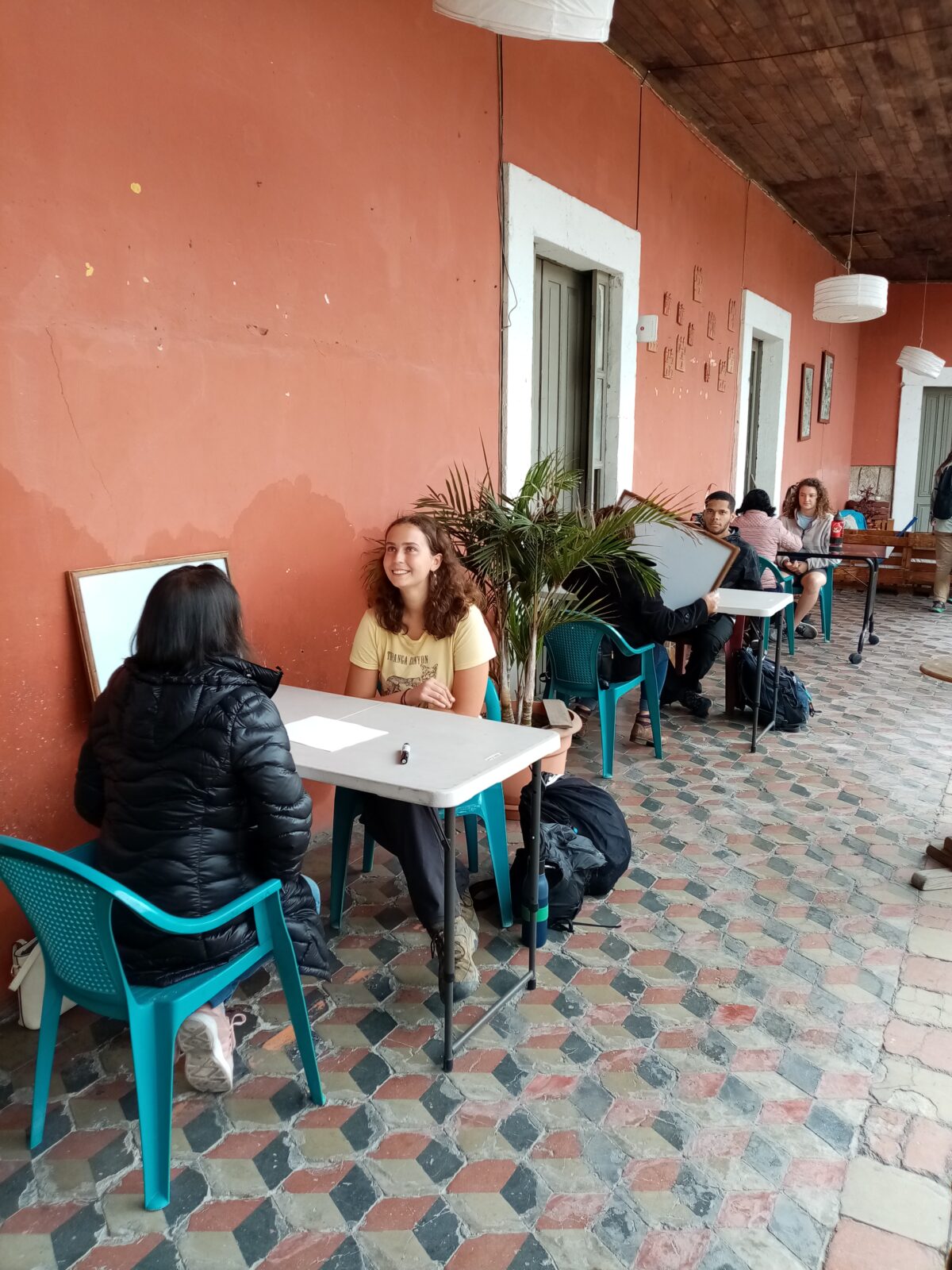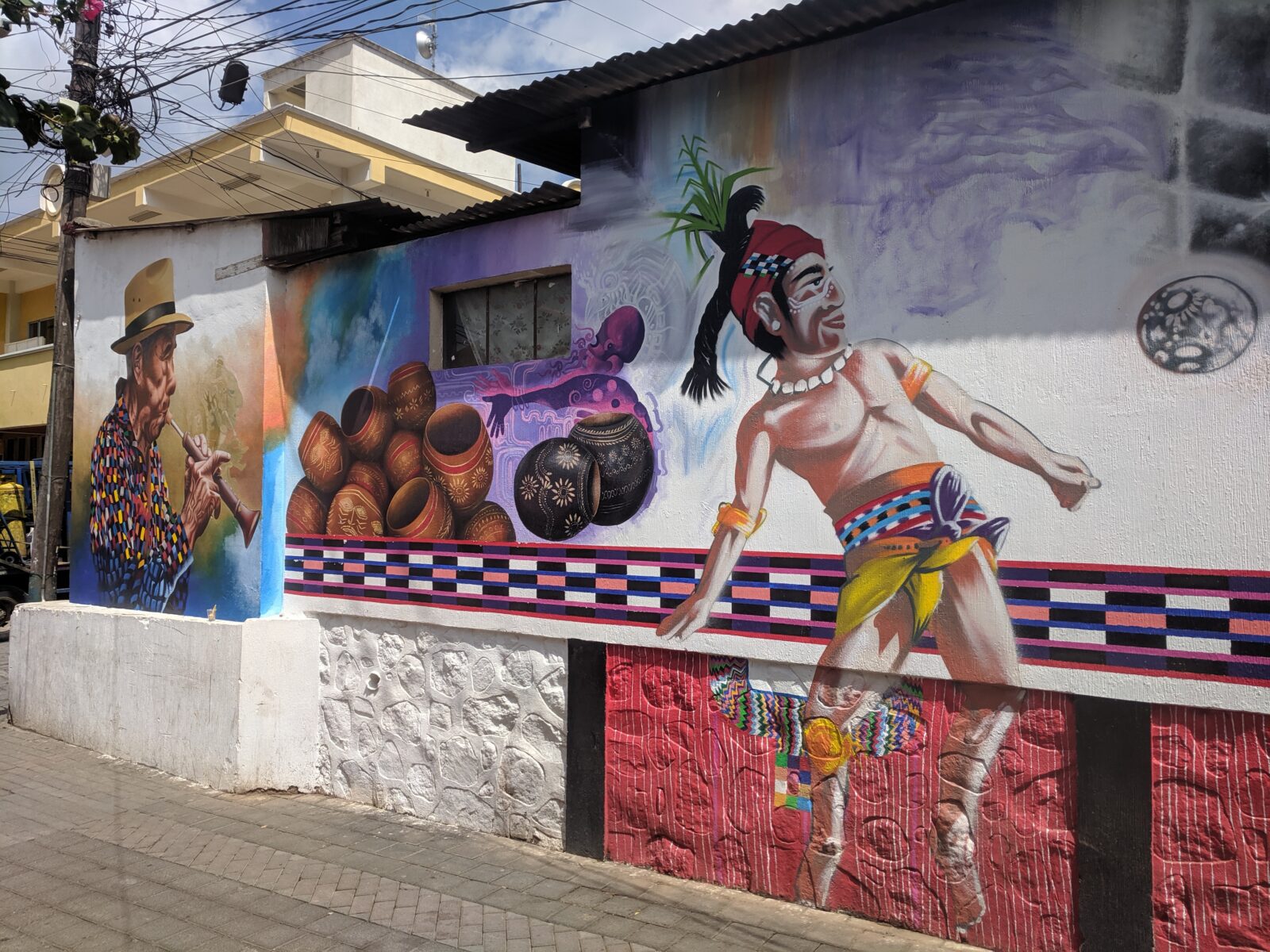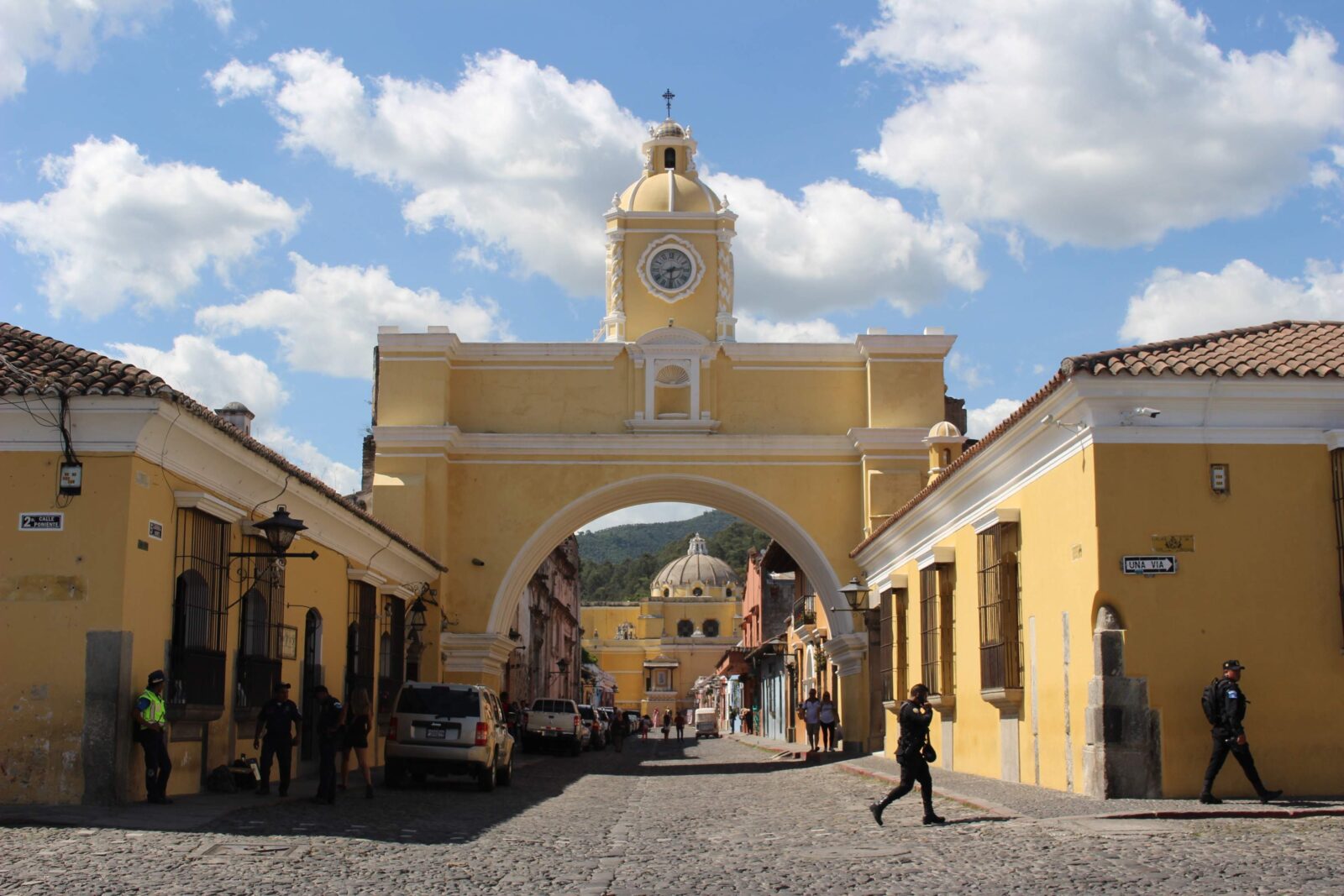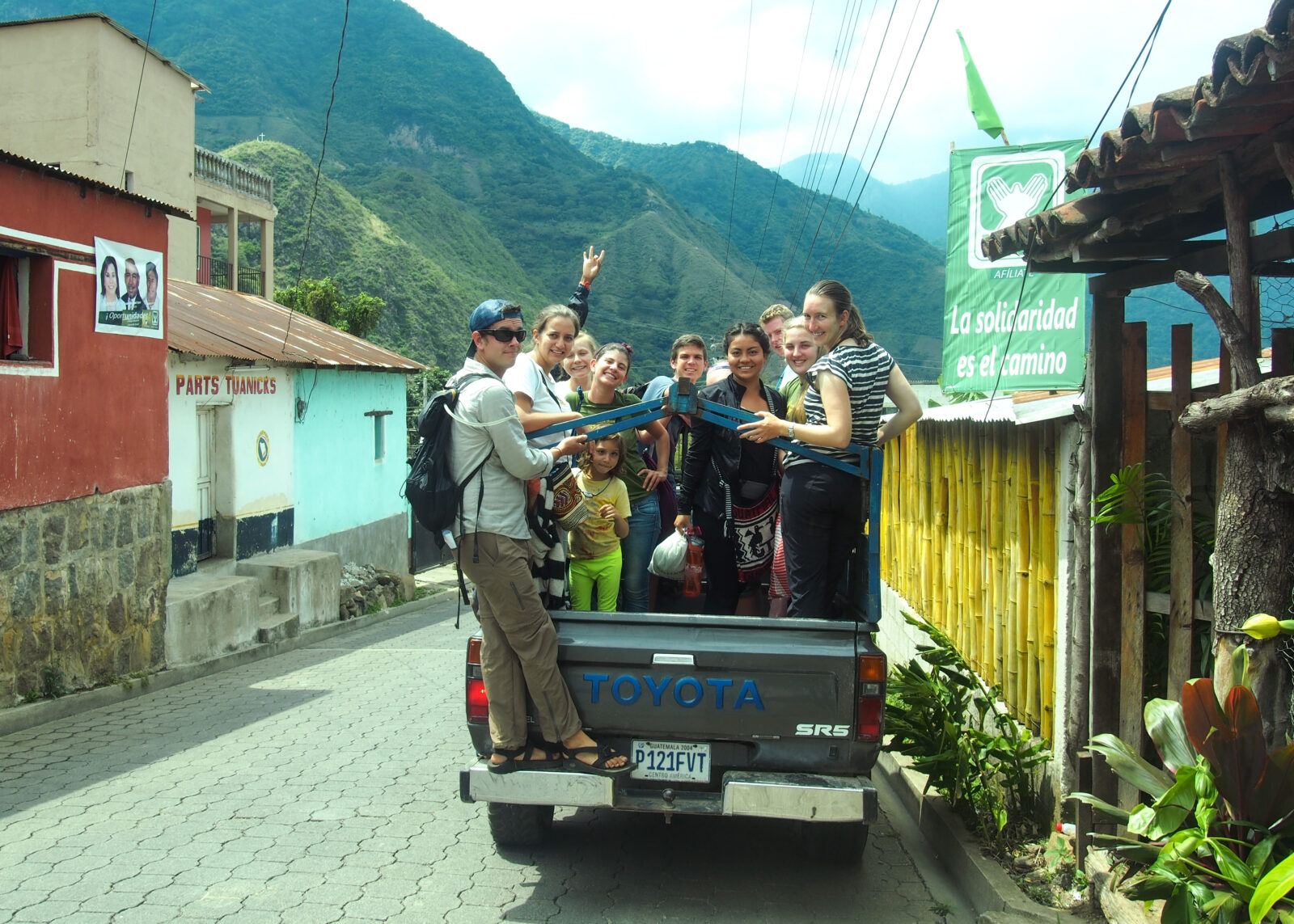Guatemala: Spanish Language Intensive (6-Week Sample Itinerary)
The following is a sample itinerary based on past courses; actual itineraries may vary.
-
Week 1
The Guatemala 6-week course begins with an orientation in the town of San Lucas Toliman on the shores of lake Atitlan. Here we spend our days getting to know one another, learning all the skills we will need to succeed on course and beginning to learn about the themes of the course. San Lucas is home to the Mesoamerican Permaculture Institute, here we learn about many of the issues facing contemporary Guatemalan society and how local people are responding to those situations. During this phase we practice Spanish, learn about new cultural norms, try new foods and come together as a group. -
Week 2
From San Lucas we travel north to the Cuchumatanes mountains and the town of Todos Santos. Here we dive into Spanish study while living with local families. Todos Santos is a very traditional community where many ancient customs are preserved. We learn about how traditional clothing is made, how food is prepared and what it’s like to live in a Guatemalan home. We learn about the traditional celebrations and beliefs of the highland people as well as contemporary issues like immigration and climate change. -
Week 3
From Todos Santos we begin a three day trek through the misty highland mountains to the town of Nebaj. Along the way we camp at the homes of people who live off the land and traditional farming practices. By night we sleep in barns and alongside rivers and by day we walk through enchanting cloud forests and agricultural land. We end our trek in the Ixil triangle town of Nebaj. From Nebaj we transfer to the neighboring town of San Juan Cotzal. The Ixil triangle was a place of major focus by the army during the war in Guatemala and it makes a perfect setting to study the issues that led to this conflict as well as the process that has played out since the end of the war in 1996. -
Week 4
In San Juan Cotzal we live with local Ixil speaking families and work alongside the women of the Tejidos Cotzal weaving cooperative. Many of the women of this cooperative came together after losing their sons and husbands during the war to help support each other economically. For over the past twenty years they have collaborated to create beautiful traditional weavings and share the profits of their work. As a result of their work they have built a center for traditional weaving arts. We learn how to prepare traditional local foods at the center and we try our hand at backstop loom weaving! Our time in San Juan Cotzal closes with a traditional Mayan ceremony. -
Week 5
From Cotzal we will head south back to the shores of Lake Atitlan, but this time we will be on the north shore in the town of San Antonio Palopo. Here students dive into their Independent Study Projects while living with local artisan families and continuing to refine their Spanish skills. During this phase of the course students work together as a group to collectively complete a large group challenge. This phase of the course is called the ‘expedition’ and requires the group to use all of the skills they have learned over the preceding weeks to carry out a group project. -
Week 6
The final portion of the course is known as ‘transference’ and is the phase of the course where all of the knowledge that the group has gained is integrated into life at home. Transference is spent at an eco lodge outside of Antigua, Guatemala. Here we reflect on all the things we’ve learned and brainstorm about how to keep the lessons and experiences we’ve had alive and relevant upon returning home. We also take the opportunity to have lots of fun together, explore the colonial city of Antigua and appreciate our new friendships and connections before heading home.

